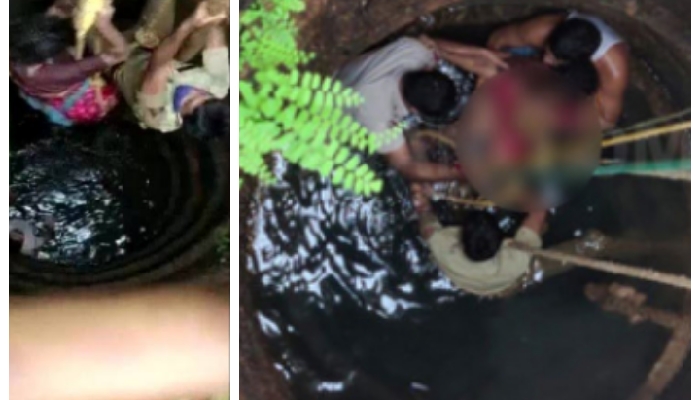
Kasargod, October 21: The world knew him as an impulsive tyrant but Dr Mundol Abdulla's first impression of Gadaffi was of a friendly, charming man and cooperative patient.
The 70-year-old doctor from Kasargod, Kerala, revised his opinion only after seeing the bodies of dissidents and students hanging in public places.
In 1973, Dr Abdulla was appointed by Tripoli to run a clinic at Abu Hadhi near Sirte. Two months later, Gaddafi visited the clinic, complaining of a headache. Dr Abdulla prescribed Aspirin tablets, which apparently worked since Gadaffi praised him to his wife, saying the Indian doctor had solved his problem. Col was a gracious host, says Indian doc
Dr Mundol Abdulla, a doctor from Kerala who was among the 17 physicians appointed by the Libyan government, says Muammar Gaddafi would visit his clinic in Sirte regularly, though the exact date and time of his visit would never be revealed in advance due to security reasons.
On several occasions, he also invited Dr Abdulla and his wife to his residence in Sirte. "He was a gracious host, personally serving tea and snacks," recalls Dr Abdulla.
However, Gaddafi always feared assassination and never hesitated to take brutal action against any perceived threat, recalls the doctor. "Once, bodies of university students were kept hanging on the campus for a week as an example to others," he recalls with a shudder. Of course, Dr Abdulla made sure to not reveal his opinion to his unpredictable patient.
Eventually, Gadaffi's growing paranoia brought an end to his visits and the Abdulla lost touch with him. They returned to India in 1980, but almost 30 years on, pictures of a bloodied corpse on TV revived old memories for the family.






Comments
Hello colleagues, its wonderful post regarding tutoringand fully defined,
keep it up all the time.
Here is my web site - gift
certificates: https://en.wikipedia.org/wiki/Novella
Add new comment